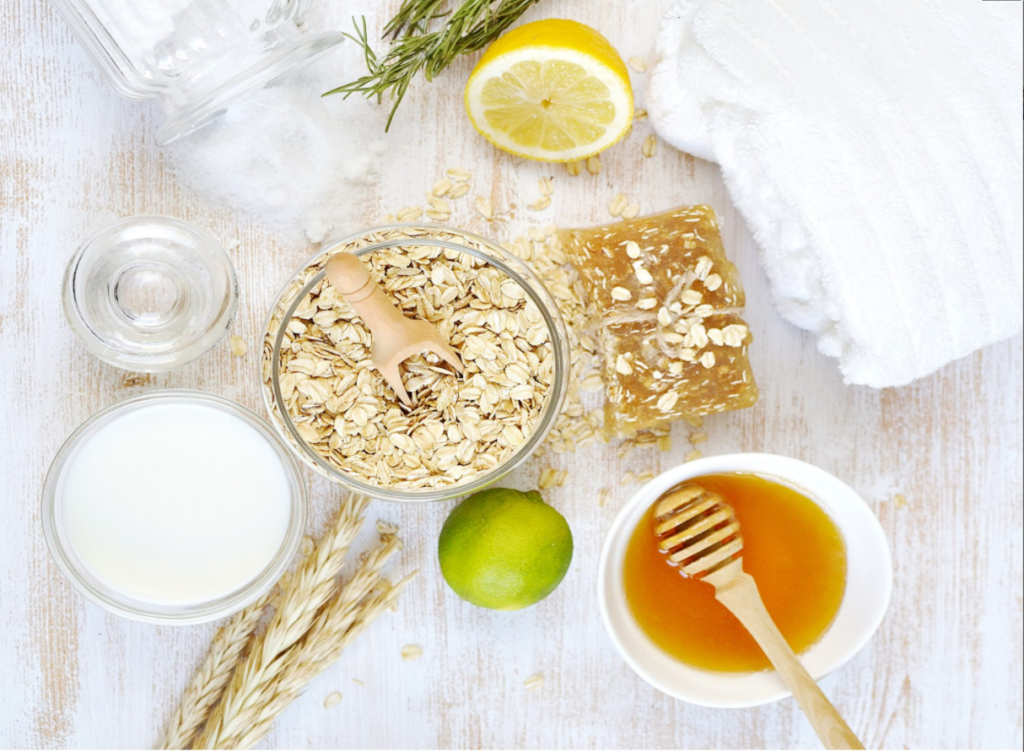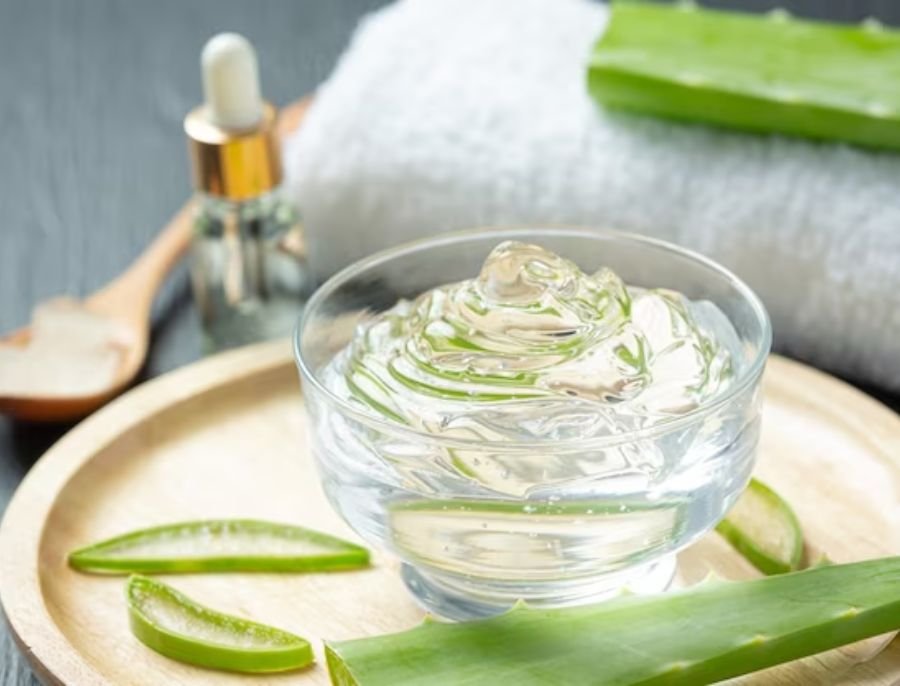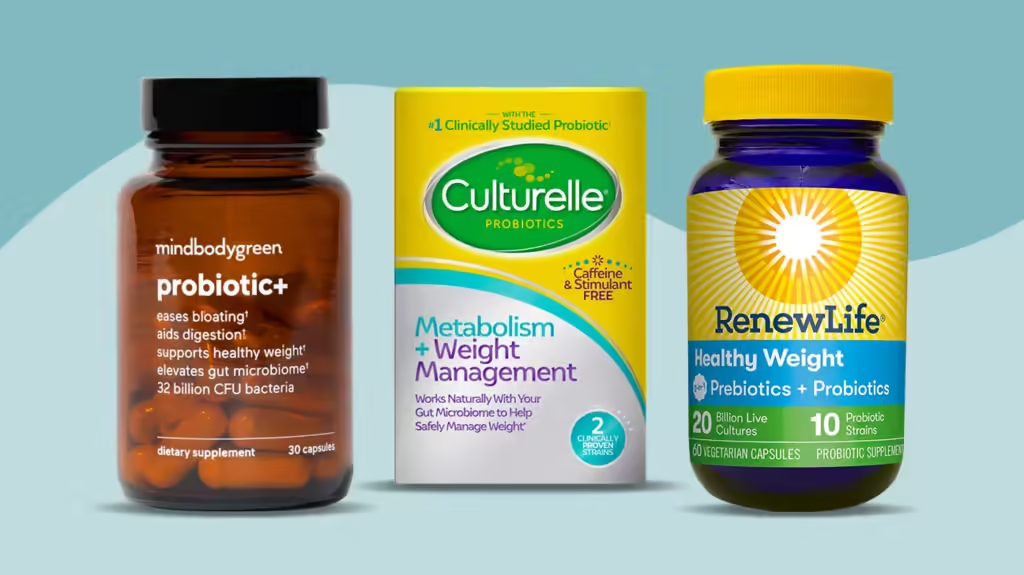
When my own child developed eczema, I quickly found myself exploring all options for natural remedies, hoping to find gentle solutions that could ease their discomfort. Eczema can be a challenging condition, especially in infants and toddlers whose sensitive skin requires extra care. This article is a result of extensive research and personal experience, sharing some of the most effective natural remedies that can help soothe eczema symptoms in young children. I’ll guide you through the methods that work, backed by both research and hands-on experience, while keeping in mind the specific needs of our little ones.
Understanding Infant and Toddler Eczema
Eczema, often referred to as atopic dermatitis, is a skin condition that causes red, inflamed, and itchy patches on the skin. It commonly affects infants and toddlers, and while it can be distressing for both parents and children, it’s often manageable with the right approach. Infants and toddlers are prone to eczema due to their underdeveloped immune systems and sensitive skin, making them vulnerable to irritants and allergens.
The symptoms may vary but generally include:
- Red, scaly patches (often on cheeks, arms, and legs)
- Intense itching, which can lead to scratching and potential infection
- Dry and cracked skin that feels rough to the touch
Why Natural Remedies?
While prescribed creams and medications can be effective, many parents prefer natural remedies, especially for young children, to avoid potential side effects from steroids or synthetic ingredients. Natural remedies can soothe eczema symptoms without harsh chemicals, making them safer for sensitive skin. Plus, natural remedies often support overall skin health, promoting hydration and resilience against future irritants.
Top Natural Remedies for Eczema Relief in Infants and Toddlers
Here are some of the most effective natural remedies that I’ve found, which can provide real relief for your child.
1. Coconut Oil

Benefits: Coconut oil has natural antibacterial, antifungal, and anti-inflammatory properties, making it a popular choice for treating eczema. Its ability to penetrate the skin and offer deep hydration helps alleviate dryness and reduces itching.
How to Use: Apply a thin layer of cold-pressed, organic coconut oil to affected areas two to three times a day, especially after a bath. This locks in moisture, keeping the skin hydrated and protected.
| Coconut Oil Benefits | Description |
|---|---|
| Hydration | Deeply moisturizes dry skin |
| Anti-inflammatory | Reduces redness and irritation |
| Antibacterial | Protects against infections |
2. Oatmeal Baths

Benefits: Colloidal oatmeal (ground oatmeal) is rich in antioxidants and anti-inflammatory properties, making it ideal for soothing itchy and irritated skin. Oatmeal baths create a protective barrier on the skin, which helps lock in moisture.
How to Use: Add one cup of finely ground oatmeal to a lukewarm bath. Allow your child to soak for about 10–15 minutes, then gently pat the skin dry. Try this remedy a few times a week to see results. Avoid hot water as it can worsen dryness.
3. Aloe Vera Gel

Benefits: Aloe vera has been used for centuries for its healing and moisturizing properties. It’s especially effective for soothing inflamed and itchy skin. Aloe vera provides a cooling effect that can help reduce the discomfort of eczema.
How to Use: Look for pure aloe vera gel or, if you have a plant, cut a fresh leaf and apply the gel directly to the skin. Apply it twice a day for best results. Aloe is also safe for sensitive areas like the cheeks and behind the knees, where eczema tends to flare up.
4. Chamomile Compress
Benefits: Chamomile has natural anti-inflammatory and calming properties that can help soothe irritated skin. It’s also known for its gentle, relaxing qualities, making it an excellent choice for babies and toddlers.
How to Use: Brew chamomile tea, let it cool, then soak a clean cloth in the tea. Gently press the cloth against affected areas for 5–10 minutes. This method is especially useful for spot treatment on red and itchy patches.
5. Probiotic Supplements

Benefits: Research suggests that gut health plays a role in skin health, and probiotics can improve the balance of good bacteria in the body. Some studies have found that probiotics may help reduce eczema flare-ups by supporting the immune system.
How to Use: Talk to your pediatrician about incorporating a probiotic supplement suitable for infants or toddlers. Yogurt with live cultures is also an option for toddlers, but avoid any with added sugars, as sugar can aggravate eczema symptoms.
6. Sunflower Oil
Benefits: Sunflower oil is rich in essential fatty acids, which help in retaining moisture in the skin. It also has anti-inflammatory effects, reducing redness and irritation.
How to Use: Choose organic, cold-pressed sunflower oil and apply a small amount to affected areas once or twice a day. It’s a light oil that absorbs quickly without feeling greasy.
| Remedy | Key Benefits | How Often to Use |
|---|---|---|
| Coconut Oil | Moisturizes, anti-inflammatory | 2–3 times daily |
| Oatmeal Bath | Soothes itching, protective barrier | 3–4 times per week |
| Aloe Vera | Reduces inflammation, hydrates | Twice daily |
| Chamomile | Calms skin, reduces irritation | Once daily or as needed |
| Probiotics | Supports immune health | Consult with pediatrician |
| Sunflower Oil | Retains moisture, absorbs easily | 1–2 times daily |
Additional Tips for Managing Eczema in Infants and Toddlers
In addition to these remedies, here are some helpful tips I’ve learned that can make a significant difference:
- Choose Natural Fabrics: Dress your child in soft, breathable fabrics like cotton. Avoid wool and synthetic fabrics, as they can irritate the skin and cause flare-ups.
- Use Gentle, Fragrance-Free Products: From laundry detergent to baby shampoo, opt for fragrance-free products formulated for sensitive skin. Harsh chemicals and scents can worsen eczema symptoms.
- Keep the Skin Moisturized: Apply a gentle moisturizer or one of the oils listed above after baths and throughout the day as needed. Consistent moisture is one of the best ways to keep eczema under control.
- Monitor Diet for Potential Triggers: Certain foods (like dairy, eggs, or gluten) might worsen eczema symptoms. If you suspect a food trigger, consult with a healthcare provider to discuss allergy testing or an elimination diet.
- Maintain a Mild, Humid Environment: Dry air can worsen eczema, so consider using a humidifier in your child’s room, especially during winter months when indoor heating can dry out the air.
When to Seek Medical Advice
While natural remedies can be highly effective, there are times when medical intervention is necessary. If your child’s eczema isn’t improving, seems to be getting worse, or is causing them significant distress, it’s essential to consult a pediatric dermatologist. In some cases, prescription creams or other treatments may be needed to control the condition effectively.
Final Thoughts
Natural remedies can be a gentle, effective way to manage eczema in infants and toddlers. Every child’s skin is unique, so it may take some time to find the right combination of remedies that work best for them. Through consistency and patience, you can help your child experience relief and improve their skin’s overall health. I encourage you to try these methods and revisit our website for more natural parenting tips, as I’ll continue to share more insights and updates on this journey toward healthier, happier skin for our little ones.









